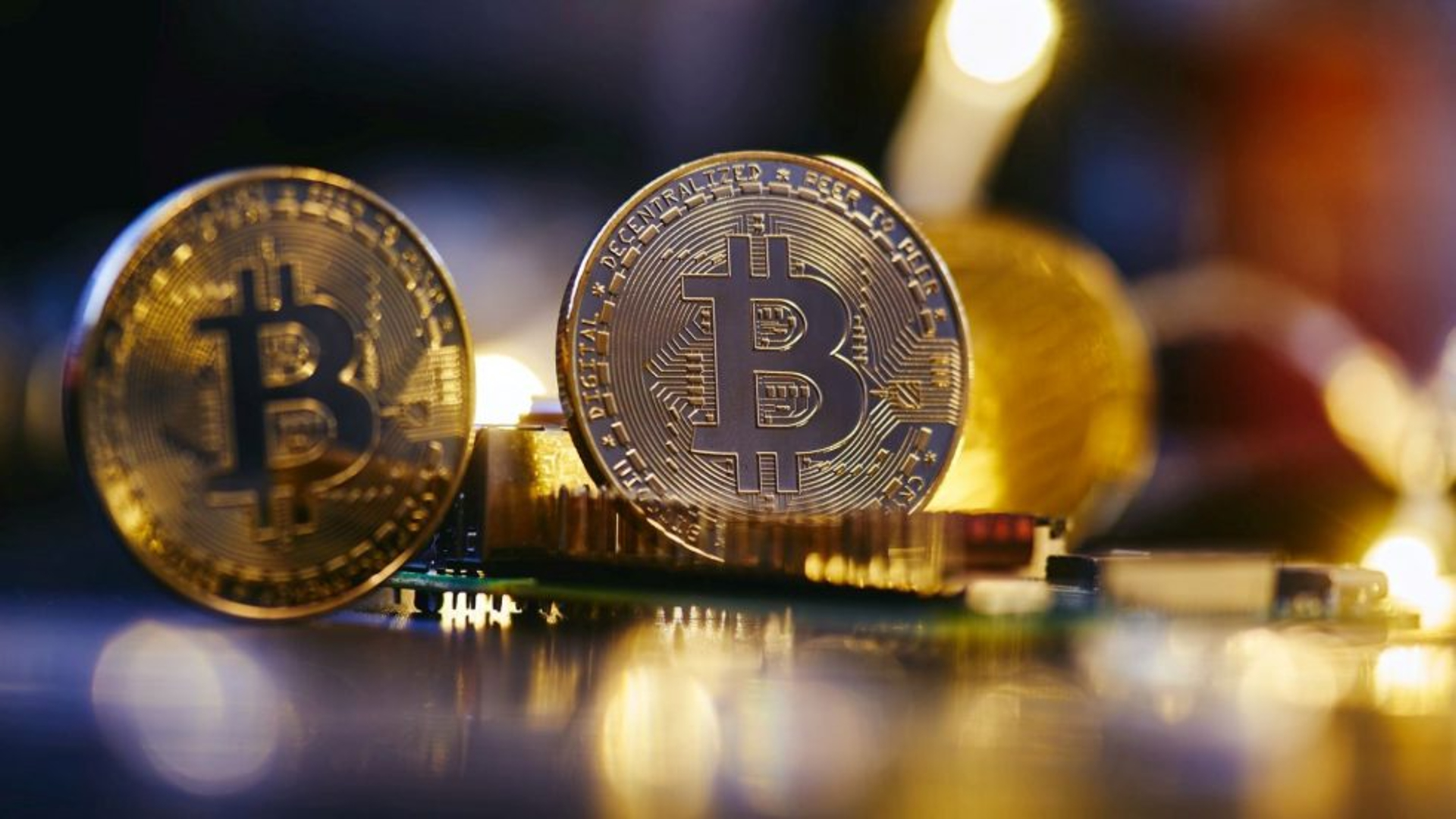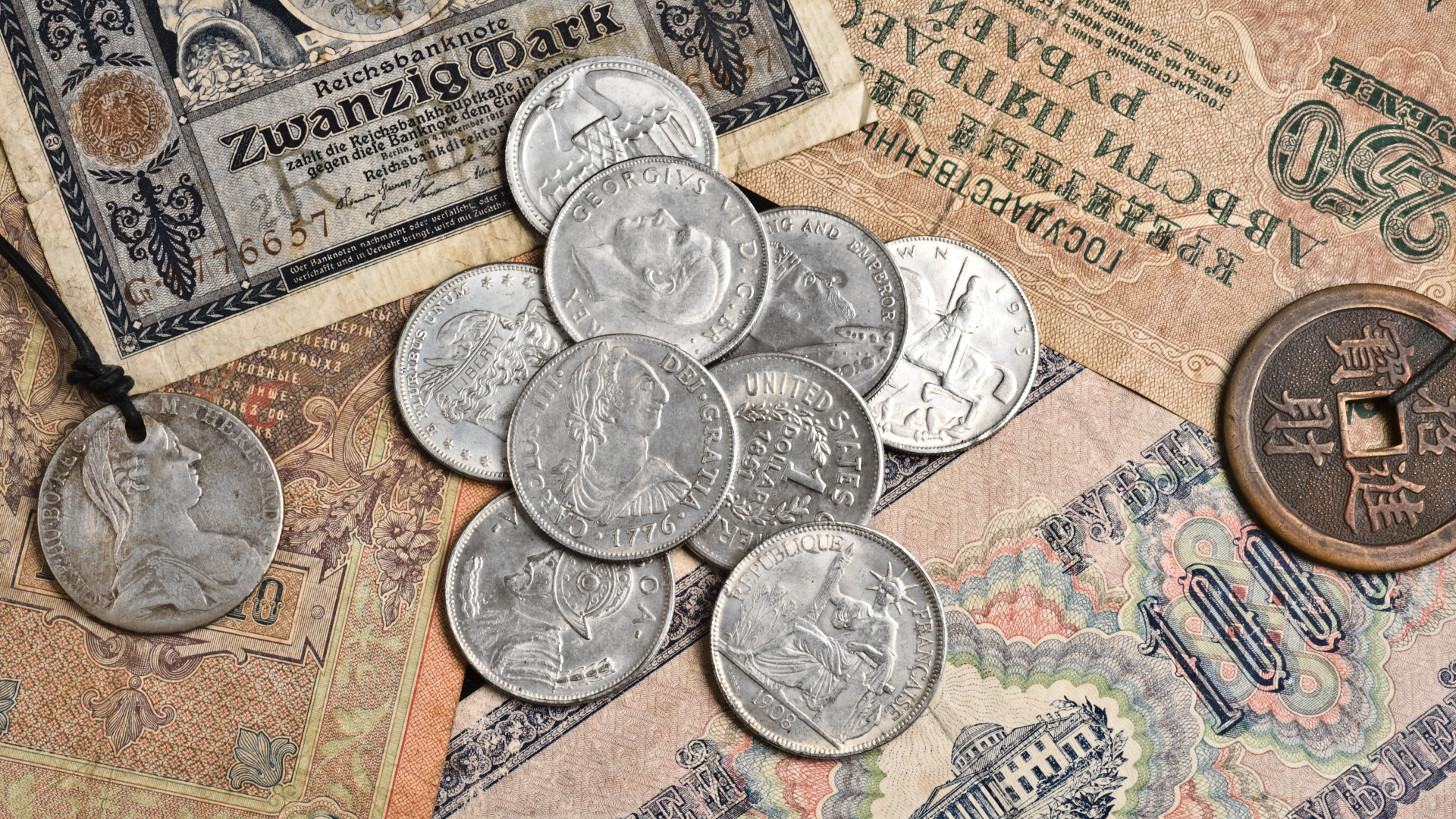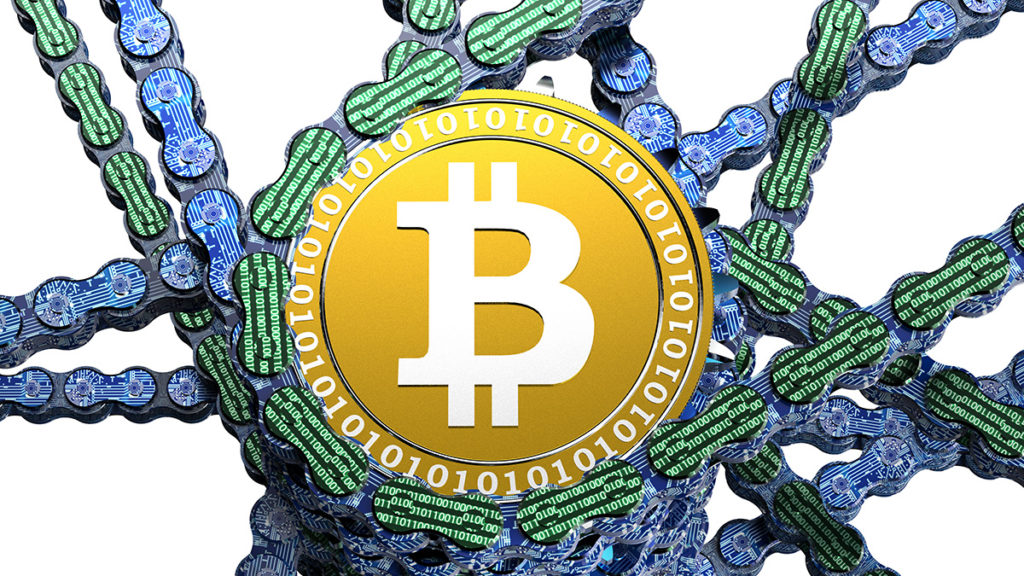Tag: cryptocurrency


What makes Bitcoin such a revolutionary concept?
January 3, 2024 | Post
In the 15 years since the Genesis Block, the first set of 50 BTCs, was mined in January 2009, Bitcoin’s profile and impact on the global economy has increased exponentially. Hundreds of millions of people around the world have begun to recognize the merits of the truly revolutionary concept of a decentralized peer-to-peer currency.

The elite v. the people: Nigeria’s “cashless experiment”
December 14, 2023 | Post
A cashless society: the International Monetary Fund (IMF) calls it the future of money. The World Economic Forum (WEF) was enthusiastic about the concept way before it was cool. In the United States, the usual suspects such as the Brookings Institute and the New York Times ask our leaders to have the boldness and courage to follow this new path.

A history of money and the gold standard
July 28, 2023 | Post
The history of money is a story of human ingenuity and economic evolution. From the early days of bartering to the unfortunate establishment of fiat currency to a future rippling with potential thanks to cryptocurrencies, the concept of money has endured a wild ride.

Don’t believe the hype, Bitcoin is not anti-environment
January 4, 2023 | Post
Bitcoin, an innovative, decentralized digital currency, faces significant criticism over its perceived negative environmental impact. However, it is no enemy of the environment. Here’s how it can be part of the future of clean energy…

Can the clever federal fox be outsmarted?
December 15, 2022 | Post
While the Federal Reserve prints more money to buy more things for the political establishment, the rest of us work to provide them with the resources they need for less pay in terms of purchasing power. So what can we do about it? Can we create alternatives to the Federal Reserve System?

Libertarian solutions to inflation
November 10, 2022 | Post
As long as half of the country believes that inflation is caused by the war in Ukraine, COVID, corporate profits, or that inflation like this is new and temporary, there will never be proper solutions. At best, it will be viewed as one of those random problems we must deal with when we have a crisis. At worst, policies like price controls and other government interventions will gain steam. Instead, we must move to cure inflation with more liberty.

3 Ways Governments Can Regulate Bitcoin
September 9, 2021 | Video
Bitcoin and other crypto have put a lot of pressure on governments. They just can’t ignore it anymore. Some have tried really hard to control it (like China), others have embraced it completely, like El Salvador, which just legalized bitcoin as legal tender. In this video, we explore examples of obstacles some countries put on […]

How processing payments with Bitcoin is different than cash, banks
February 16, 2017 | Post
Arguably, the most interesting feature of the Bitcoin system is the way in which Bitcoin payments are processed. To make it clear why payments must be processed at all and how Bitcoin processes payments differently, I’ll look at processing payments with cash and banks before turning to bitcoin. Think about a cash transaction. Cash transactions […]

What is a cryptocurrency?
February 16, 2017 | Post
Cryptocurrency is an item intended for use as a commonly accepted medium of exchange that exists in the digital world and relies on encryption to make transactions secure.

Demystifying Bitcoin
February 15, 2017 | Post
Like something straight out of a Neal Stephenson novel, Bitcoin has cyberpunk sex appeal. It foreshadows a radical change in the social and economic order and is shrouded with a mystique and aura that can be difficult to penetrate.

The international currency playoffs
January 8, 2017 | Post
There are 32 national currencies in these playoffs, from the 32 largest economies in the world. The winner of each currency-to-currency matchup depends on their exchange rates from January 1 to December 20, 2016.

Featured On Demand Program of the Week: Bitcoin
January 18, 2016 | Post
You may have heard a news report or two about Bitcoin. Your friends might have mentioned it in passing at the latest cocktail (read: frat) party, and you may even know someone who has invested in it. But what exactly is Bitcoin? And why is it important? In this program, you will learn the basics […]

How Bitcoin Can Help Get Money to Refugees in Need
November 11, 2015 | Post
This post by Kevin Boyd originally appeared on R Street on October 19th, 2015. Below is an excerpt. Bitcoin and other cryptocurrencies have grown in influence and usage the past few years. People looking for an alternative to government-issued fiat currencies, or who simply don’t trust having their spending tracked by banks, have flocked to them. Bitcoin […]

